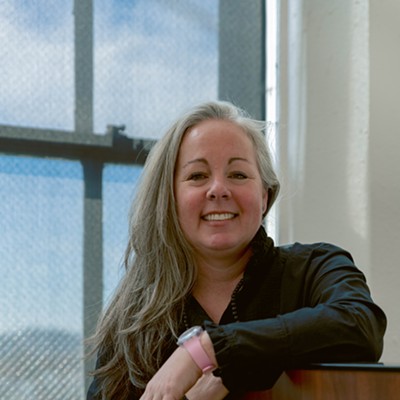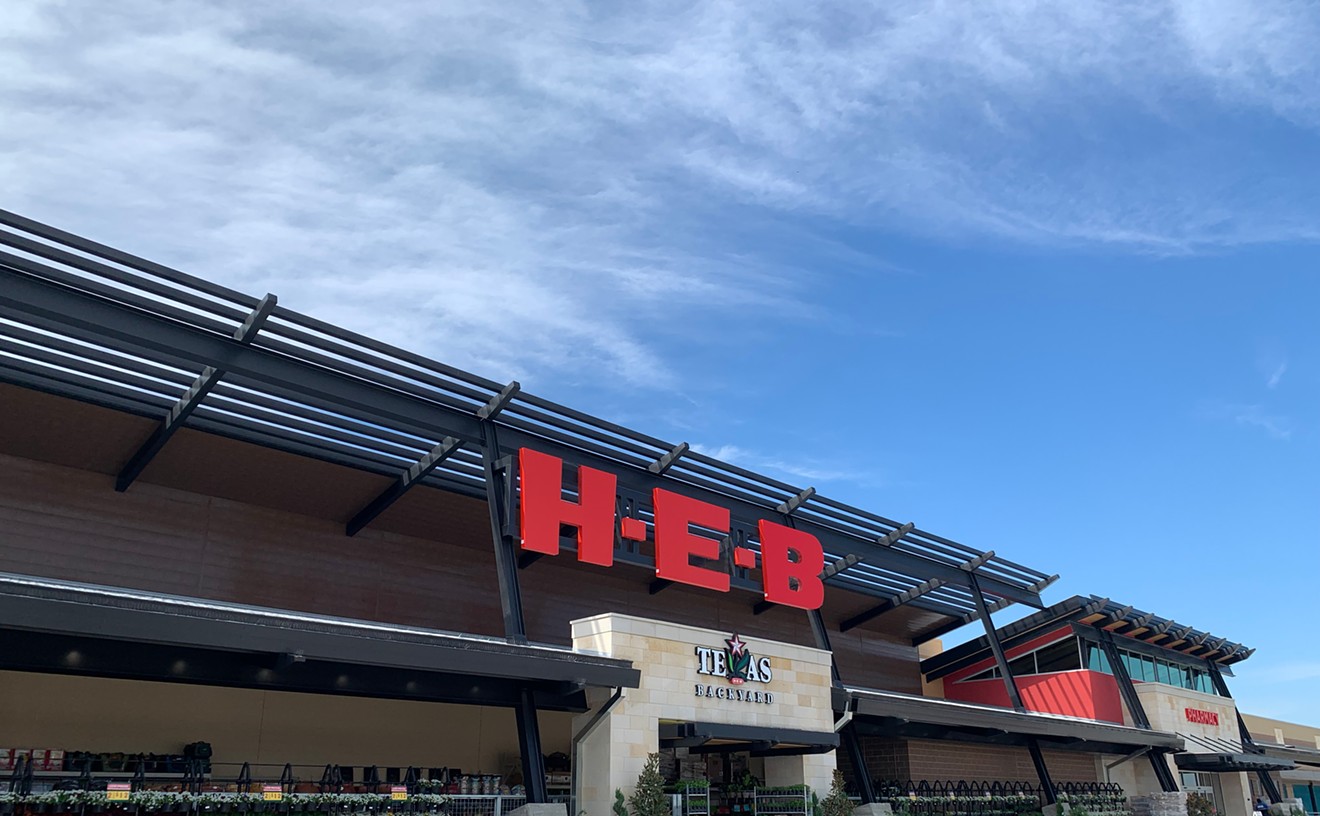Earlier this week The New Yorker posted a fascinating video about a Lower East Side compost program. Nay, you say? It's impossible for the words "fascinating" and "compost" to live happily in the same sentence? Well, stew on this: The average New Yorker tosses 3 pounds of food waste per week.
With 8.5 million people, it's hard to visualize what that means. Christine Datz-Romer is the co-founder of the Lower East Side Ecology Project and recently, with the help of New York City Mayor Michael Bloomberg, she expanded her intense food-recycling program. The NYC department of sanitation reports that since the inception of the program, more than 80 tons of waste has been diverted from the city's landfills.
Watching the two-minute video raises the question: Why aren't we all doing this? A quick search led me to Dallas' own Recycle Revolution. Co-owner Eddie Lott lived for a while in Brazil, where recycling is more of a lifestyle. He returned to Dallas and worked at some bars where he found himself constantly looking for the glass recycling bin for empty beer bottles -- and not finding any.
"In Dallas, we can count on one hand the number of restaurants that either compost or have serious recycling programs for either glass, cardboard or food," says Lott. "Just think about every straw that is put on every table every night in Dallas, much less all the glass bottles. There are something like 3,000 restaurants in Dallas -- 23 recycle their glass."
Lott is on a mission to change that. While Recycle Revolution's main focus is on businesses, last year they introduced a residential curbside composting program that has slowly caught on in East Dallas. For $32 a month, customers put bags of food waste on the curb for a weekly pick-up.
"People are talking about where food comes from so much these days," explains Lott, "but no one is talking about where the waste goes when we're done with it."
After they've collected the compost, both through pick-up spots in Deep Ellum and residences, they take it to the Texas Worm Ranch. In terms of big plans, Lott hopes to establish a larger network that recycles food waste from more restaurants and delivers it to area farms. Then those same farmers bring vegetables back into the city for a closed-loop cycle.
Eat the Yard in Oak Cliff, which we reported on recently, is also trying to establish those same composting circles. Military veterans James Jeffers and Steve Smith have transformed their yards into small farms, and composting is an important part of their plan to bring hyperlocal organic produce to their community.
Eat The Yard collects buckets of food waste from a handful of restaurants primarily in Oak Cliff, most of which have an excess of used coffee grounds, including Eno's, Anne's Health Food, Emporium Pies, Ten Bells, The Green Spot, Crooked Tree, Urban Acre's and Norma's.
In perfect world, they would pick-up compost while dropping off a shipment of produce. It's the winning trifecta ticket: they expend less resources (namely gas), recycle and grow locally. Rinse and repeat.
Perhaps composting is the next step in the slow food movement. For a bit of inspiration, watch this video about the Lower East Side Ecology project, or better yet, try to wrap your head around the 10 million pounds of trash that is sent to Dallas' McCommmas Bluff landfill everyday. Food waste isn't all of it, but is certainly part of it. If each Dallasite has 3 pounds of food waste like New Yorkers per week, then that's more than 3 million pounds a week.











